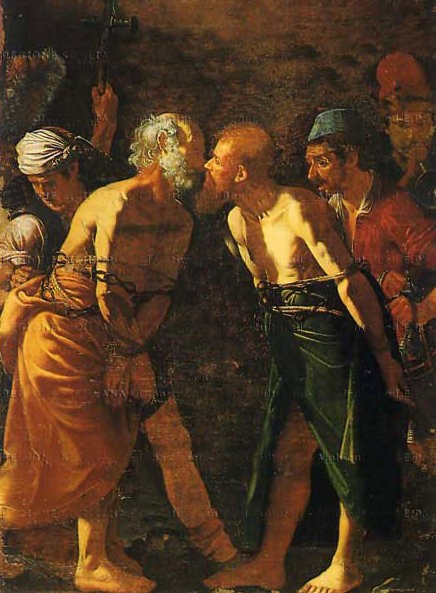Members only?

When the church was under siege, the ritual of passing the peace was important to members who were meeting in secret and literally holding on to one another for dear life. Today it’s meant to serve an important function in worship.
But I have come to dread this part of the service. I have visited two small congregations several times lately. Both include the passing of the peace. The presiding clergyperson invites worshipers to greet one another with a handshake and the words “Peace be with you.” (Why don’t we say, “The peace of Christ be with you”? We don’t mean the generic 1960s peace that was communicated with a V sign.)
After the clergyperson says, “The peace of the Lord be with you,” and we respond, “And also with you,” all hell breaks loose. People leave their seats, walk around and greet nearly everyone else in the room. Robust conversations ensue. There is laughter, sometime raucous, as two members share an inside joke. People discuss the results of a football game or yesterday’s storm. As a visitor, I shake the hands of the people immediately around me and then venture tentatively into the aisle. There I encounter a barrier that might as well be a sign announcing “Members Only.” I’m on my own and not sure what to do. I feel as if I’ve intruded in someone else’s family reunion. I slink back to my pew, pick up the hymnal and read a few verses.





